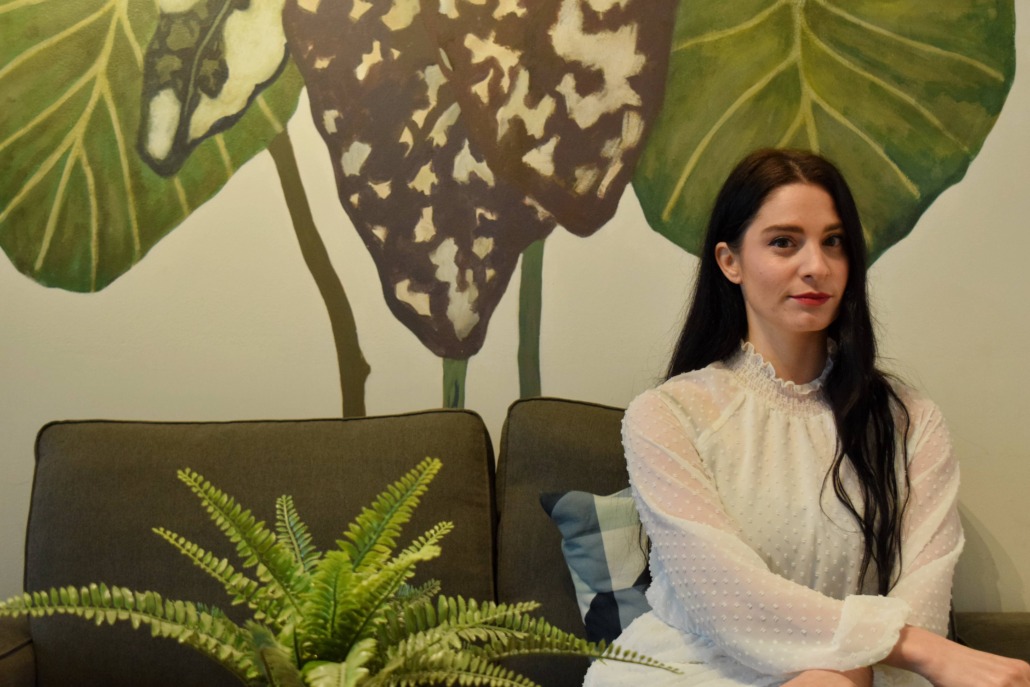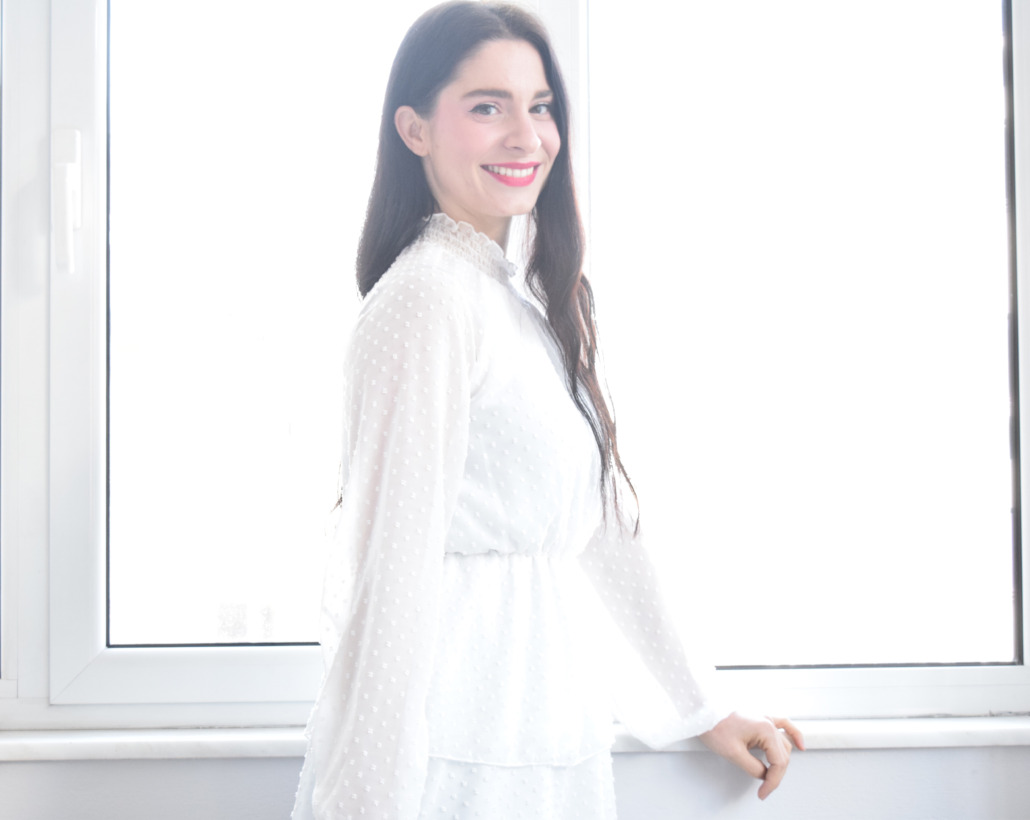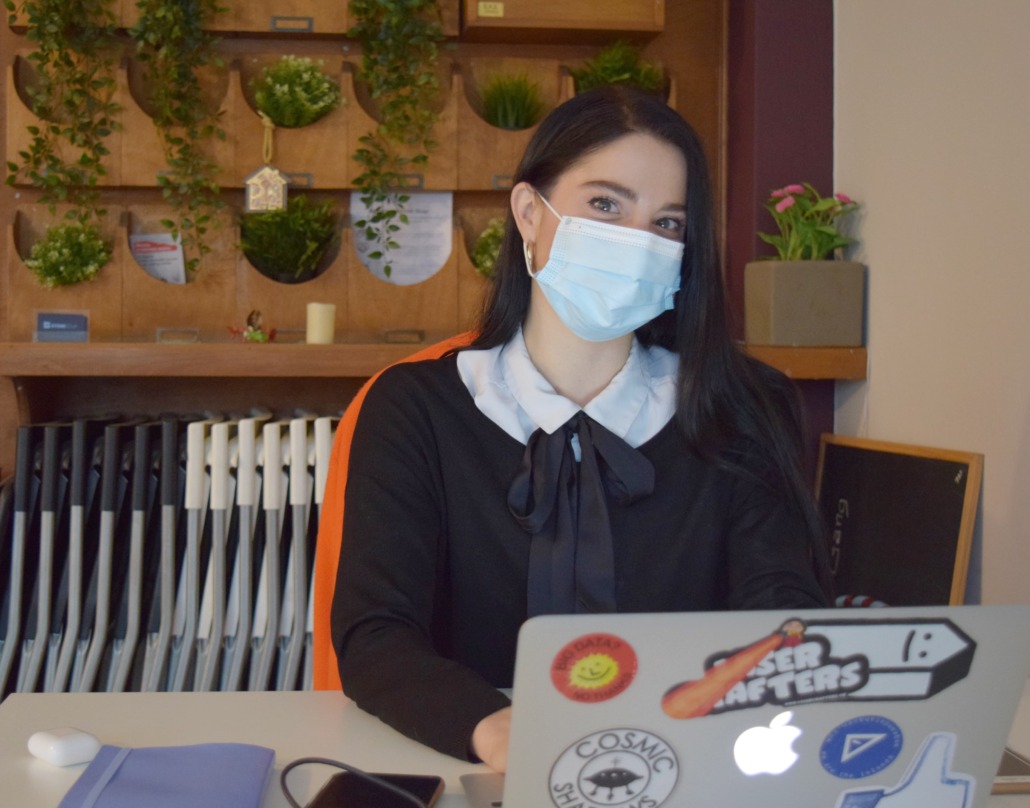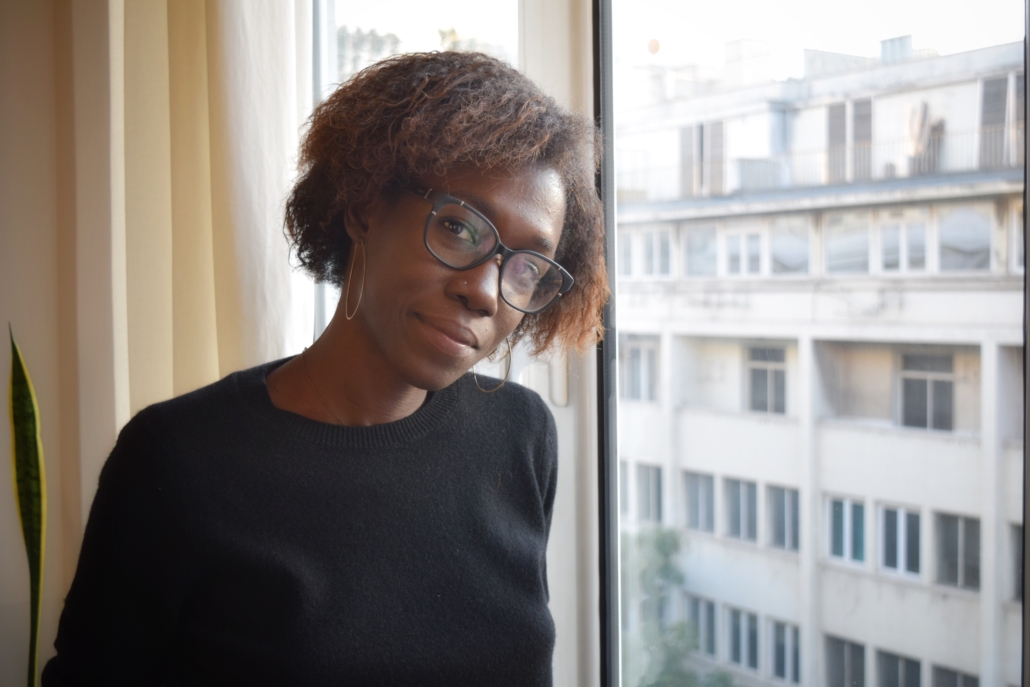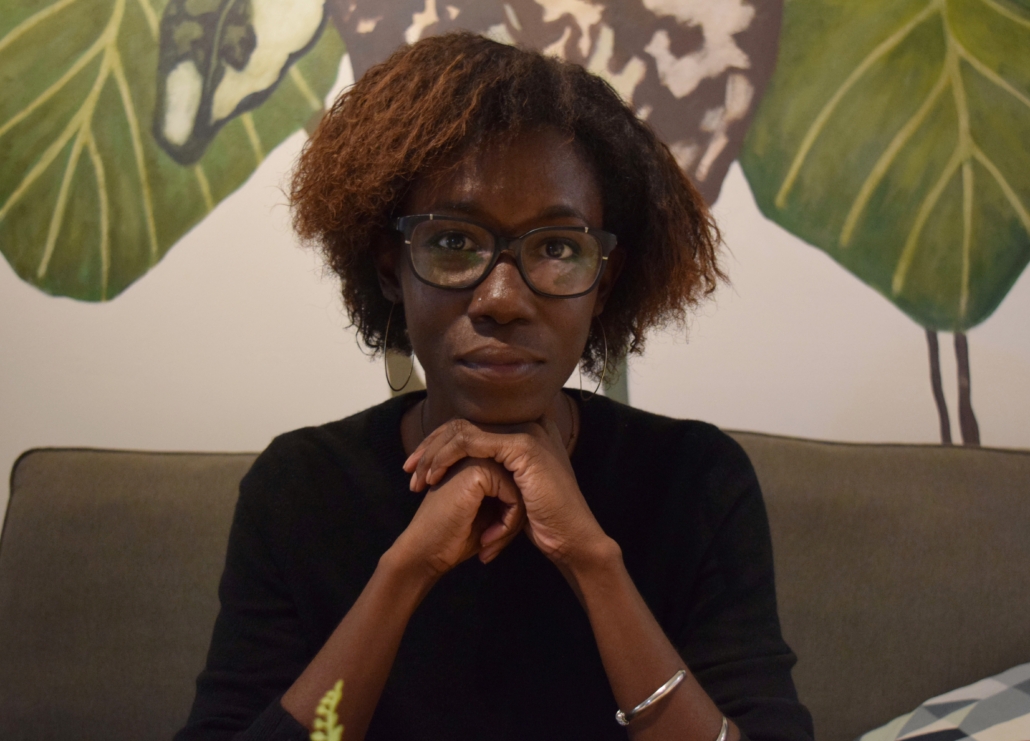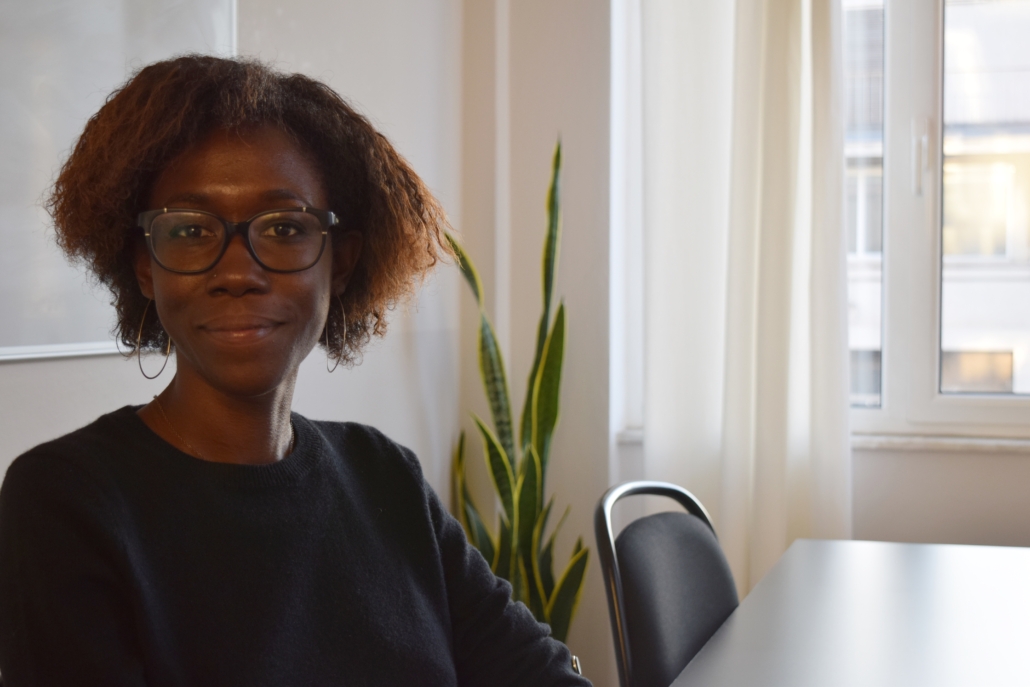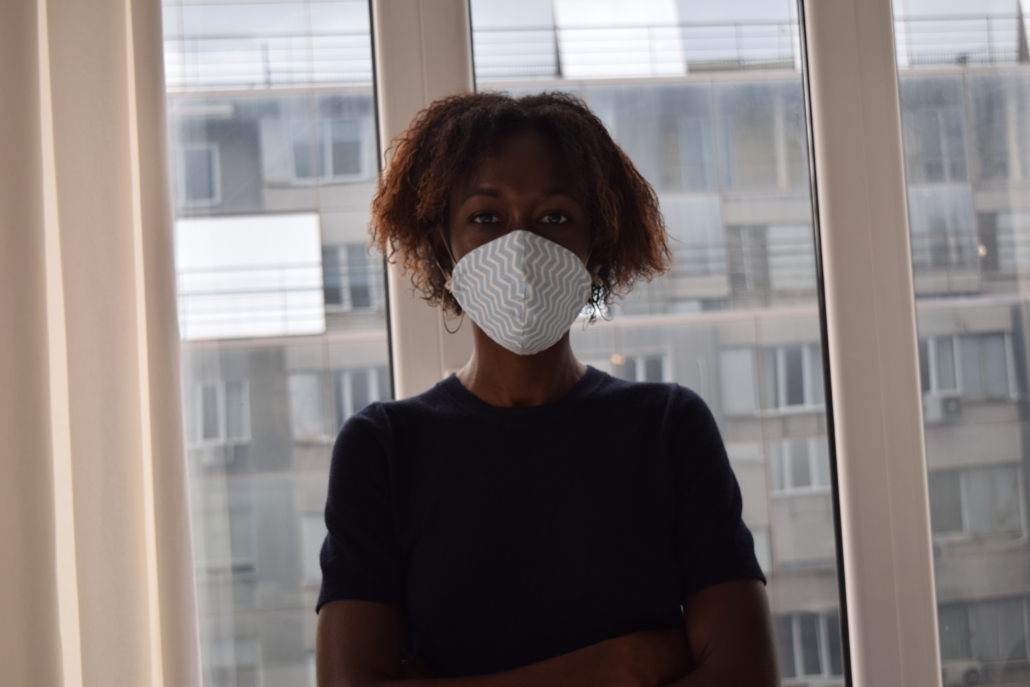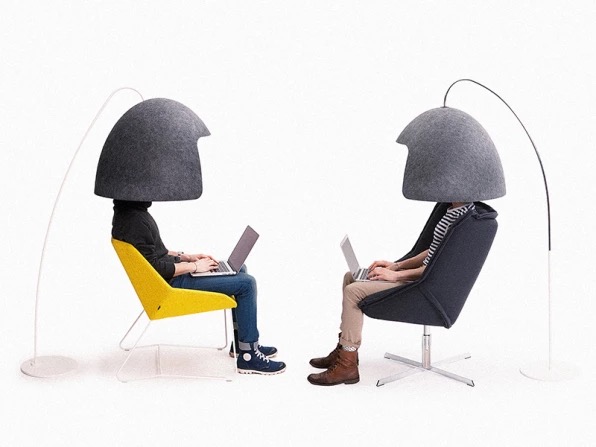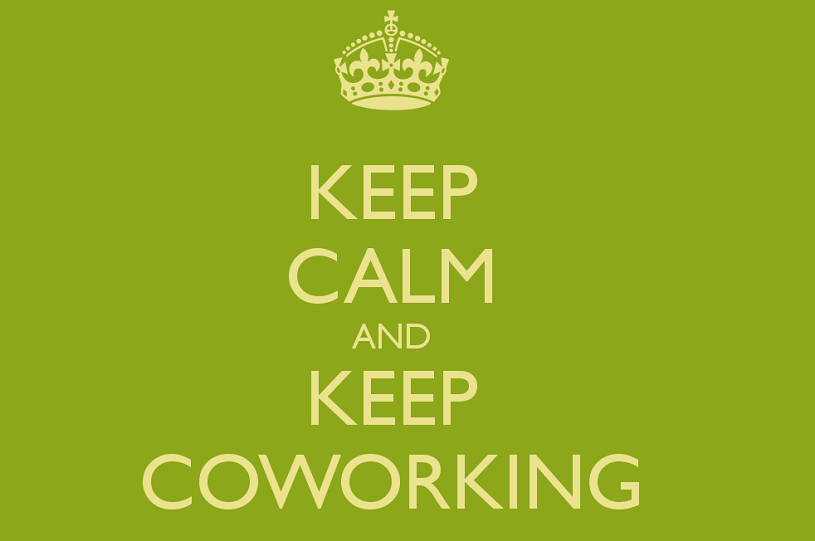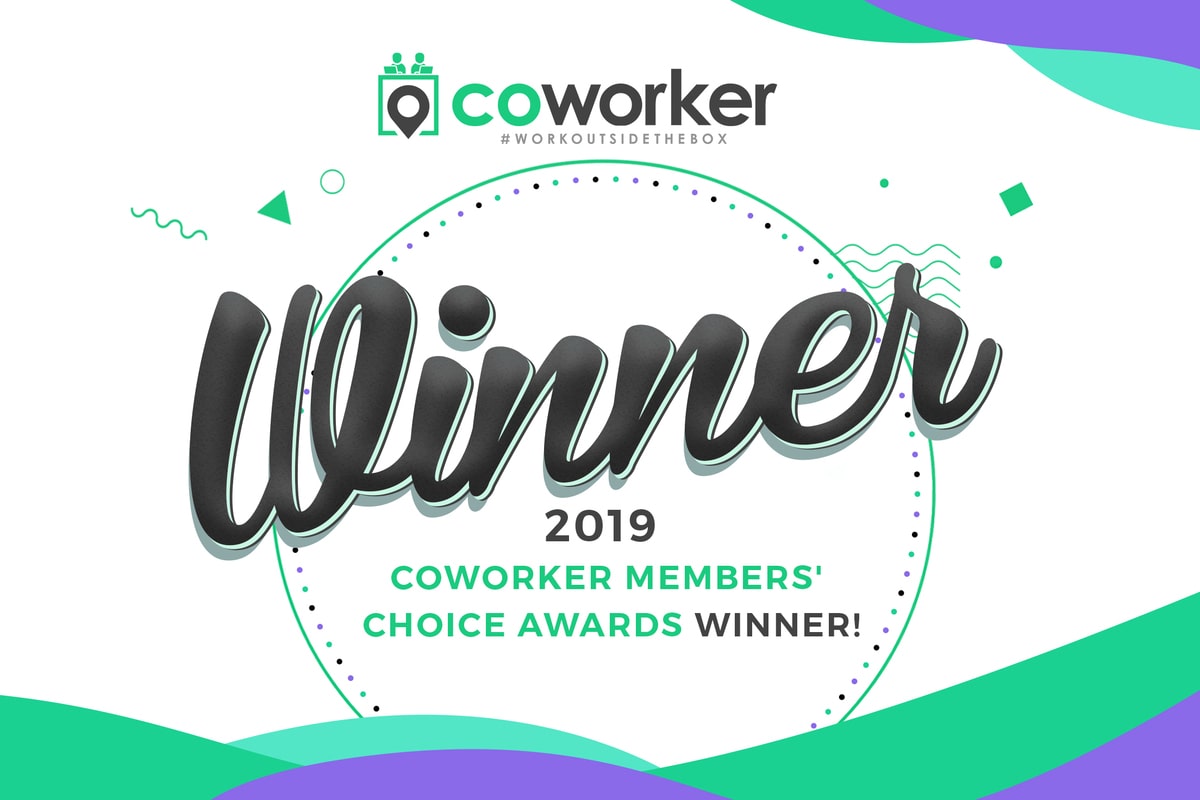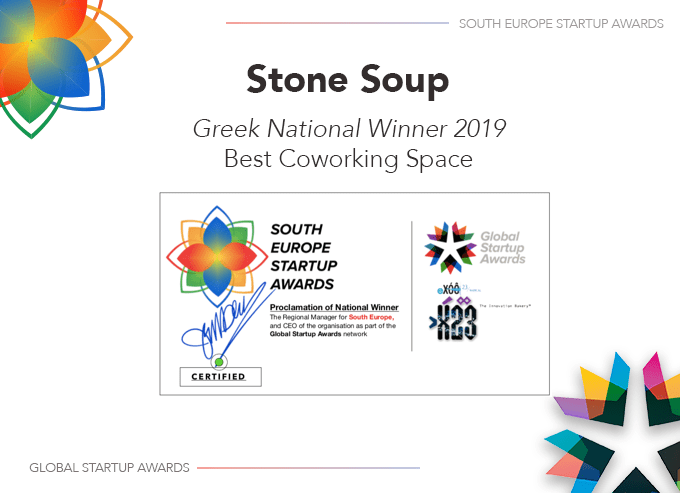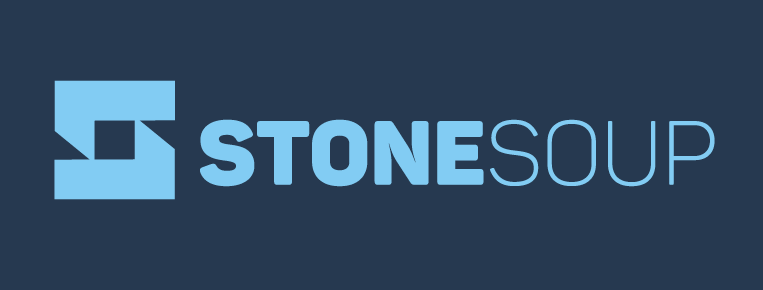Digital Art in Athens and beyond: a curator’s view
For Foteini Vergidou, 2020 was a milestone year for digital culture and contemporary art. Our new member is a curator, researcher, and project manager based in Athens.
“2020 was a year of living online and I don’t know if there will be any difference between art and digital culture from now on.”
Her curatorial practice focuses on the impact of technological advancements on human relations, on human-machine relations, and between humans and their ecosystem. She explores issues related to cultural identity, climate change, surveillance, and big data.
We had a chance to speak with her about the current digital art scene of Athens and the value of digital media for contemporary artists.
Exploring digital art: getting exposed to experiences abroad
Foteini represents a brain gain example. She obtained an MA in Interactive Media: Critical Theory and Practice from the Goldsmiths University of London. While studying she explored the contemporary art scene in London and indulged in her research interests before moving to Berlin to work in the iconic transmediale festival. She stayed in Berlin for 3 years and worked as a gallery manager in DNA Berlin. Such an international and multicultural environment equipped her with an open mind towards work-related issues. As a result, living and working abroad made her realize that there is no center of experiences and no bipolar divisions between “us” and “them”.
She returned and settled in Athens in 2015. In that year, Foteini worked as Coordinator and Project Manager for Kappatos Athens Art Residency Program. During this period, she collaborated with international artists such as Martin Creed, Roy Ascott, and Santiago Sierra. She also curated the Web Art exhibition category for the Athens Digital Arts Festival in Greece for the 11th and 12th editions. Most recently, she curated the Hysterophimia Pavilion, the Greek Pavilion for the 4th edition of The Wrong Digital Art Biennale (2019 – 2020) exploring the contemporary culture around Images, from selfies to big data.
Since 2018, she has worked as Curatorial Advisor and Project Manager for the artist Kalliopi Lemos, developing research upon themes that center around migration, human rights, and gender injustice. At the same time, she worked on different projects in Athens and abroad promoting artists through digital media.

Erica Lapadat – Janzen: “Self Doc”, Video, 2017 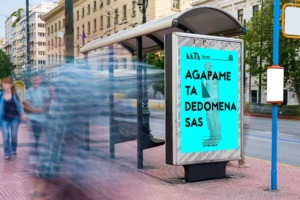
Kyriaki Goni: “ATHENS DATAHAVEN INC.”, Media installation, website, manifesto, maps, posters, stationery, souvenirs, 2017 
Margarita Athanasiou: “social media manager”, Video, 2016 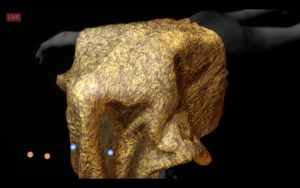
Yorgos Papafigos: “The Ladder”, Computer animated HD film, stereo sound, 2017
Online culture and physical community: two sides of a common goal
For Foteini, the experiences triggered and gained abroad can be developed in one’s own country. Physical and online interaction with audiences and other creative professionals, input and output of experiences, drive a successful exposure.
Thus, community and network building play an important part in her career. It is actually the first thing she advises every new artist to pursue through physical and digital media. On one hand, this is the reason she joined a coworking space. It offers a physical chance of socialization, necessary to bring together different perspectives and ideas among professionals. On the other hand, artists can achieve digital interconnectivity and exposure through investment in up-to-date online platforms and social media like Instagram. In the last few years, digital art and media became an upcoming field in Athens. The pandemic boosted this relatively new way of promotion and highlighted the importance of the transition to online representation.
Tips for new artists: digital platforms are the future
But how can an artist take advantage of the digital media available to promote their body of work? Foteini describes a few fruitful moves they can make: network building, social media, research in up-to-date websites, platforms, funding. An artist’s online presence should include a social media account, like Instagram, where they promote their artwork. Through this medium, their physical network can interact with them and give them feedback.
Also, for Foteini the curative process is connected with a certain amount of research. Every exhibition is the result of a body of research that she deals with at a particular moment. Since 2017, she is an editor and writer at FerociousUrbanites.com, where she conducts research around issues that derive from our relation to technology. This is also an example of an up-to-date website with a strong focus on promoting Greek digital artists to an international audience. Browsing websites like this can offer artists and art lovers inspiration and information about online culture and digital art.
Since 2019, she is an active member of the TILT platform, bringing together creative people including artists, researchers, and theorists. She is always seeking collaboration with other professionals, coming often from diverse disciplines and practices, in order to develop synergies and joint projects. Her main goal is to conduct collective research, while forming an exhibition or a public intervention, in order to reveal different perspectives. The exhibition “Iasis” she curated for the TILT platform presented a body of work, artworks, educational seminars, and workshops, that investigated the political and social dimensions of global human activity. The TILT platform is an example of a network-building initiative for artists. Foteini compares it with a coworking space where members can interact and share their ideas and projects.
Picks ‘n tips for digital culture events & art-lovers
Foteini thinks that the contemporary Athenian cultural scene is experimental, as is the city itself. The pandemic has boosted the transition to online representation even though she agrees that there are limits. For example, both theatre and art exhibitions had to offer the audience an experience mediated by the Internet. Big and small institutions had to adapt to the new condition and the results are appealing to many. She points out that the initiatives to promote online culture from Onassis Foundation and the PCAI are worth “browsing”. Furthermore, digital media like Instagram are basic components of projects curated by 3137, an artist-run space in Athens. On the international side, she suggests visiting the Top Museum (Tokyo Photographic Art) and the Overkill festival.
Foteini’s expertise as a curator is to manage all these tasks! And you are welcome to contact us and get in touch! She acts as a mediator between artistic expression and public perception. Nevertheless, she is a strong supporter of the “artist’s fee”, the payment that every creator must demand in exchange for the presentation of their work. She admits that the current focus on digital art, both in Athens and internationally, can pose new challenges for artists. Her advice to them is to always seek copyright and legal support before participating in online exhibitions.
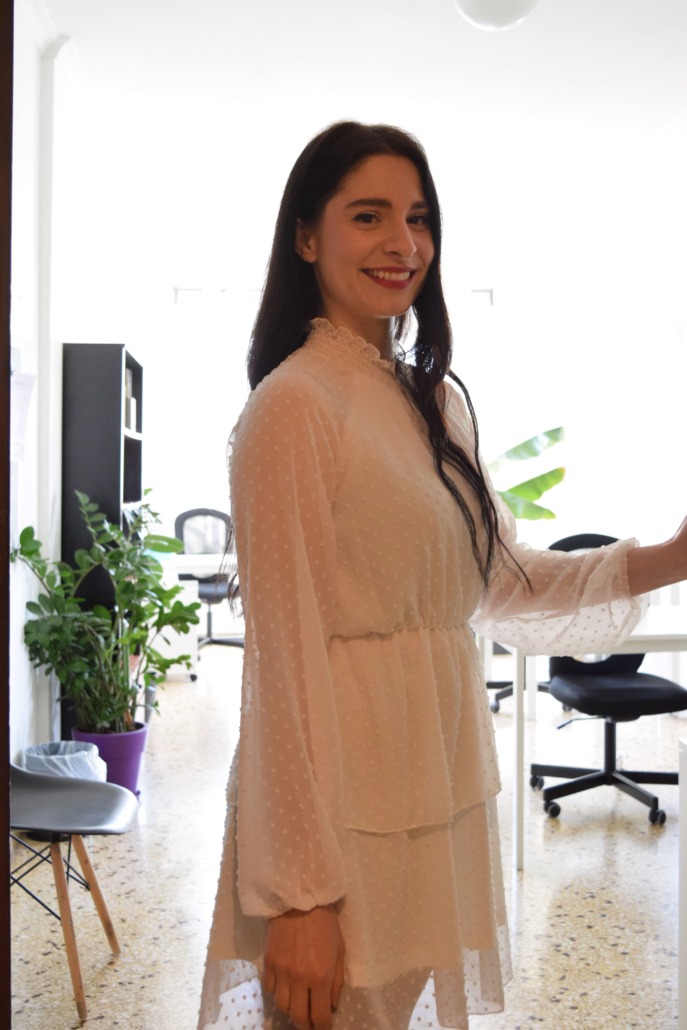
“Always reinvent yourself and be adjustable”
This is what she learned and suggests to every art worker in the post-pandemic world. There is no need for a laptop if a creative professional pursues exposure and openness, values that she found in a coworking space. For her, coworking offers inspiration through interaction without the extra layer of workplace stress. And in these crazy times, a casual chat in a safe space can be more creative than ever!

